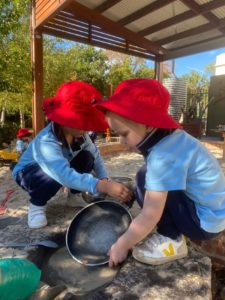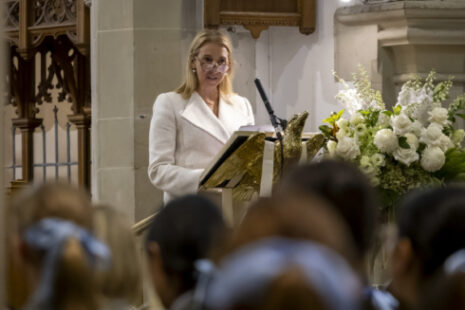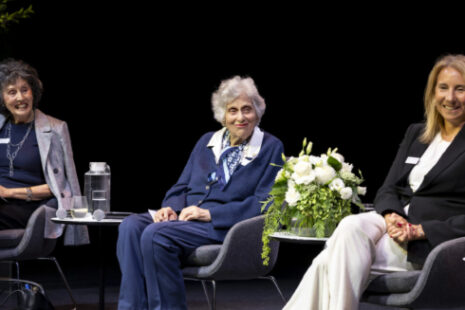The Importance of Outdoor Play

The importance of Outdoor Play is explored by St Catherine’s Head of Early Learning, Ms Sarah Bethune in her recent article The Importance of Outdoor Play. Within St Catherine’s Early Learning Centre outdoor play is incorporated into the daily activities of the children. The children engage with our nature-inspired outdoor playscape where they can run, climb, imagine, interact, and create using their whole bodies and their senses.
“The best classroom and the richest cupboard are roofed only by the sky.”
Margaret McMillan
Young children are naturally drawn to the outdoors. Outdoor play is an important aspect of children’s learning, development, and wellbeing and there are many benefits to this type of experience.
Outdoor play provides children with the opportunity to explore and connect with their environment. Whilst doing so, they are developing their muscle strength and coordination and gaining self-confidence. Active play outdoors also increases flexibility, fine and gross motor skills, balance, and coordination.
Children have a great need for physical exercise and activity. They need opportunities to use their muscles to run, swing, climb, jump, and ride a bike. They use their whole body when they are engaged in outdoor activity. There are also opportunities for risk-taking and trying new experiences. This helps the children to develop a sense of their own boundaries. As Roald Dahl once said, “the more risks you allow children to take, the better they learn to take care of themselves.”
It is important for children’s physical and emotional wellbeing that they have time out in the fresh air and sunshine. This gives them a sense of freedom to exert their energy and leads to them feeling happier and calmer. Being outside means that children naturally get Vitamin D, which is proven to improve moods and create a positive attitude.
Outdoor play is a wonderful way to develop children’s creativity and imagination. The children’s imaginations are stimulated by the natural elements and objects around them. They invent interesting ways of using the objects they have collected from the garden and incorporate these into their play.
Children gain a wonderful sense of space from being outdoors. It is less crowded and less overwhelming in comparison to the indoor learning environment, and therefore we often find that children are more relaxed and more open to social interaction and small group play. This provides the children with the opportunity to fine-tune their skills in turn-taking, negotiation, and collaboration.
We value the importance of outdoor play in our ELC and incorporate this into our daily experiences. The children have regular opportunities to engage with our nature-inspired outdoor playscape where they can run, climb, imagine, interact, and create using their whole bodies and their senses.






